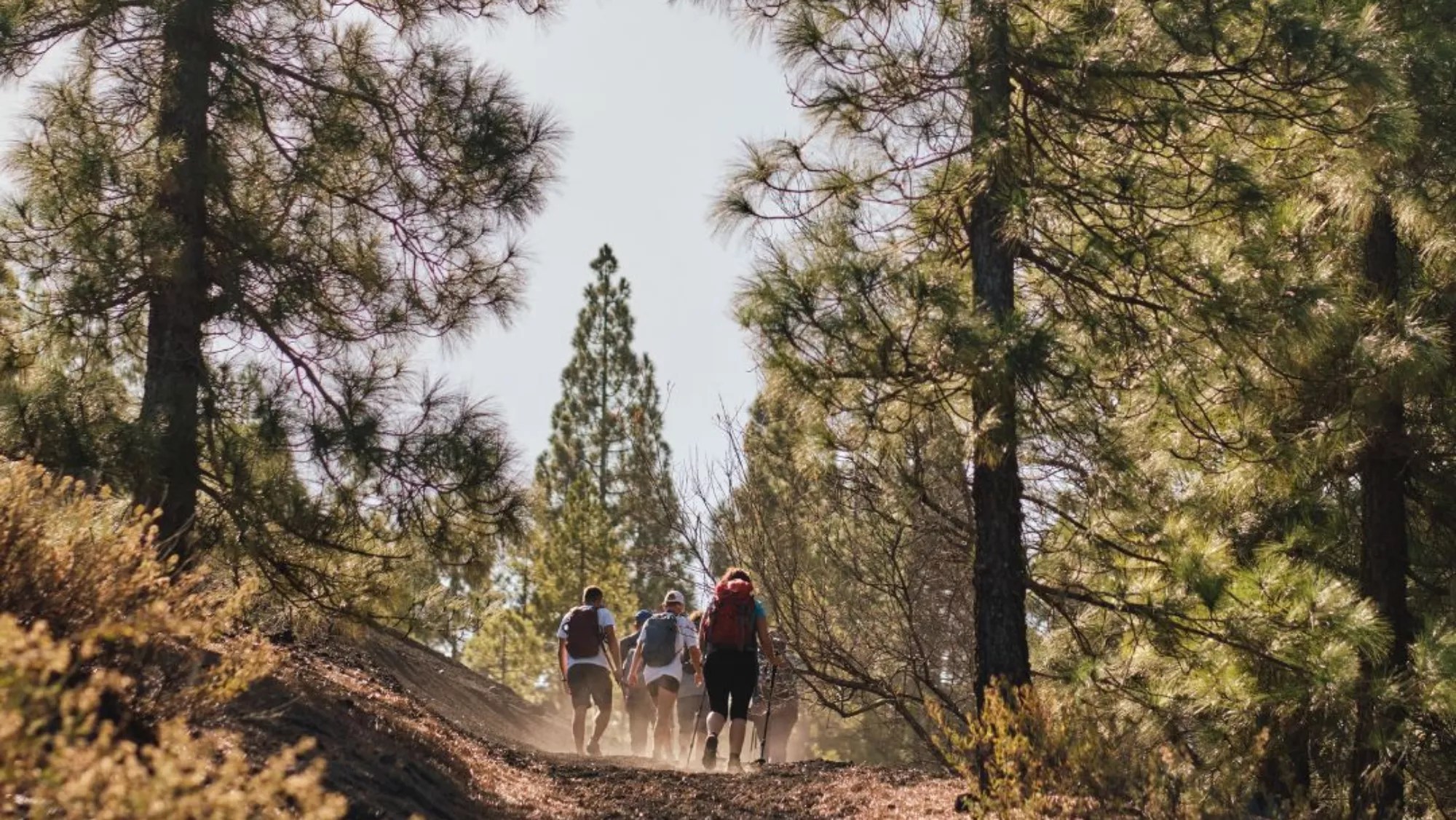
On June 26, the unions and the public company Metropolitan of Tenerifedependent on the Cabildo, reached an agreement to put an end to the strike indefinite meeting called in February by the workers of the trolley car, in the middle of the Carnival of Santa Cruz de Tenerife. The employees demanded, among other issues, the removal of silica dust, a carcinogenic substance found in the braking system.
The agreement to end the strike included this and other measures, although almost three months after its signing the works council is not satisfied with the procedures that have been carried out, especially in matters of safety and health. “As things stand now, the staff asks us to reactivate the strike, but obviously we always opt for negotiation first,” Jonay Acosta, secretary of the works committee, confirms to this newspaper.
The workers’ representative charges against Metropolitano de Tenerife for not applying all the commitments made regarding prevention measures for health surveillance.
Specifically, it alludes that seven employees have presented illnesses due to exposure to silica dust, however only one of them could have the occupational disease recognized as he is a Rolling Materials Technician, a position that is included in the evaluation of risk. On the other hand, the positions of the other six employees, “who are also in contact with the carcinogenic substance”, are not included in this evaluation, which is why the works council demands a re-evaluation of the risks that these workers have. .
“These people went to undergo tests on their own, because they are exposed to silica dust, and calcifications and lung nodules were detected. The company claims that their positions were not included in the risk assessment, so it could not be demonstrated that they were motivated by silica dust,” explains Jonay Acosta.
“The Occupational Risk Prevention Law says that when a health problem is detected that may be motivated by work, the risks should be reevaluated. What happens is that the mutual insurance companies are in charge of determining their origin and the company refuses to send them for a review,” he concludes.
Acosta explains that with the first worker “everything was perfect”: he went to the health surveillance service and, subsequently, the suspected occupational disease was reported to the mutual insurance company. However, the second one “is not sent to the mutual insurance company.”
On the other hand, it warns that these workers are defenseless, since if a common contingency is detected “that makes them unfit to perform their job”, the company can fire them “without compensation and with a hidden occupational illness.”
This newspaper has contacted Metropolitano de Tenerife to find out its version of these events. The public company denies this and assures that it has followed the existing procedure, so when any type of medical incident is detected, “the worker is transferred to the health surveillance service.”
“At the slightest suspicion that there may be a relationship between a medical problem and work activity, they are transferred to the mutual insurance company for investigation due to suspicion of occupational disease,” he concludes.
On the other hand, the workers’ representative also demands to negotiate a series of preventive measures to mitigate psychosocial risks, “because high and very high risks were detected in the majority of positions”, the training plan or professional categories. “To this day, all of these issues remain unresolved.”
Another of the demands that they consider to be “especially serious” is the negotiation of an accident investigation protocol. A week ago, Acosta says, there was one that “has not yet been investigated, nor have preventive measures been taken.” The company defends itself against these accusations and affirms that this protocol “was reviewed and agreed upon with the works council following the agreement to end the strike.”
Acosta also accuses Metropolitano de Tenerife of “taking advantage of this situation” to open disciplinary proceedings against the workers who have supported the strike. “It’s retaliation.”
“We have had meetings with the president of the company to indicate the seriousness of the situation, especially in terms of occupational health. We ask that you begin negotiating all the issues that are in the agreement to end the strike,” she concludes.
Clashes in social networks
The tension between the public company and the works council is noticeable in X (the old Twitter). While the Cabildo of Tenerife highlights having achieved a historical maximum of passengers so far this year, after having exceeded 20 million travelers, the workers demand that the wealth generated should be invested in their health.
“They always tell us that there is no money, that we are going to sink the company by demanding compliance with the law regarding safety and other labor rights,” they criticize.
They always tell us that there is no money and that we are going to sink the company for demanding compliance with the Law on health and safety and other labor rights 🤷🏼♀️
They were, @rdavmam? 😏 https://t.co/A7sKz115Oe— Tenerife tram workers (@TrabTranviaTfe) September 13, 2023
The wealth generated by the service provided by THE EMPLOYEE @tranviatenerife You have to invest it, first of all, in YOUR HEALTH, @rdavmam. What they are doing with staff whose health has been affected by exposure to silica dust is a BAD.
— Tenerife tram workers (@TrabTranviaTfe) September 13, 2023
Jonay Acosta confirms that at the moment “the service is better than ever”, but he cries out against Metropolitano de Tenerife because these good results are not being reflected in matters of safety and health: “The workers need it. This is what led us to the last strike,” he says.
















